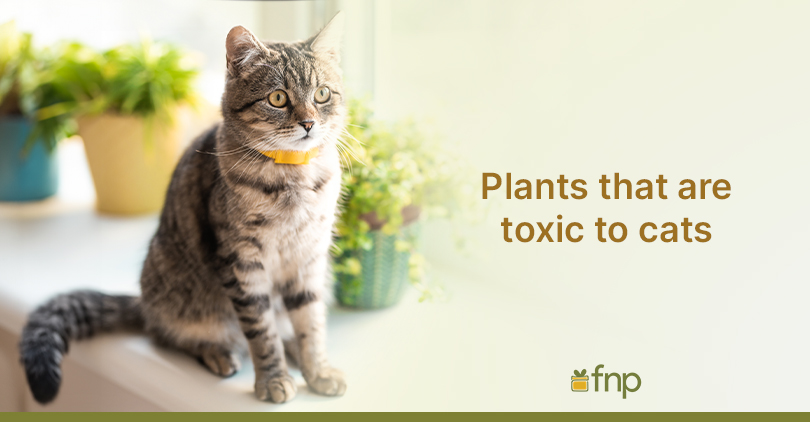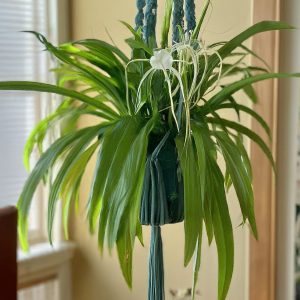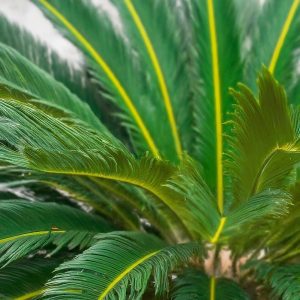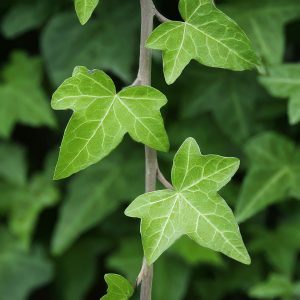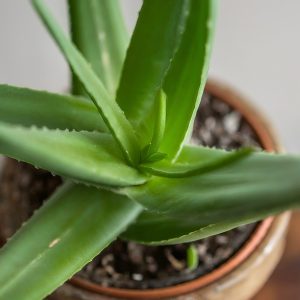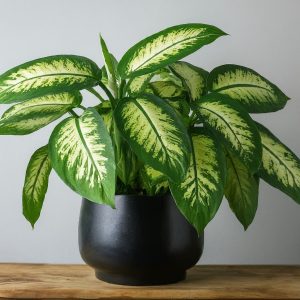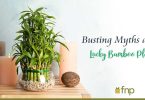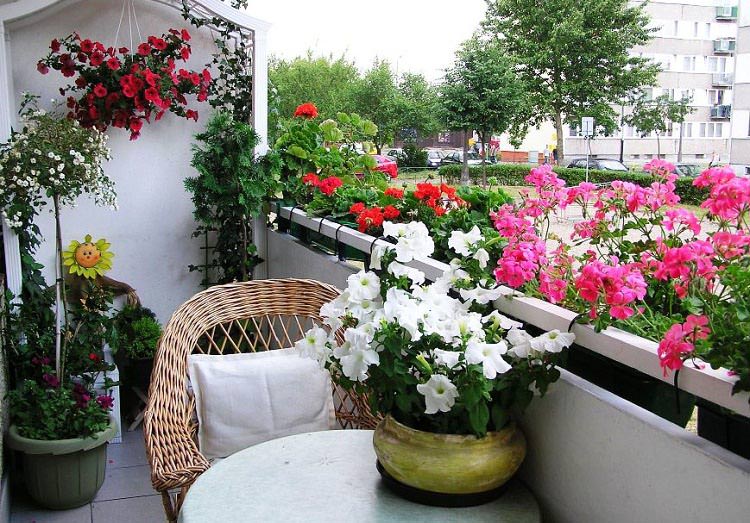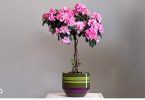As a cat parent, ensuring the safety and well-being of our beloved feline companions is paramount. While our homes are often adorned with indoor plants to add beauty and freshness to our living spaces, it’s essential to be aware that not all plants are safe for cats. In fact, many common indoor houseplants that are toxic to cats pose a serious risk to their health. So, in this blog, let’s explore some of the most common toxic plants that cat parents should avoid. It will help you create a safe and cat-friendly environment for your furry friends.
Lilies
Known for their stunning flowers and intoxicating fragrance, lilies are a popular choice for beautiful flower floral arrangements. However, some of the varieties of lilies like Easter lilies, and Asiatic lilies are toxic to cats. Even a small amount of any part of the lily plant can cause severe kidney damage to them. So, whenever you buy plants online, avoid lilies and go for safe alternatives like orchids.
Sago Palm
This type of plant is valued for its ornamental foliage and resilience. But it is one of the indoor plants poisonous to cats. All parts of this plant including roots, leaves and seeds contain toxins called cycasin and cycad toxins, which are extremely poisonous to cats. Ingestion of it can lead to vomiting, seizures, liver failure, and even death in cats.
English Ivy
As much as an English Ivy a perfect pick to add a touch of greenery to any space, these plants are very important to keep away from cats. It can cause gastrointestinal upset, including vomiting and diarrhoea, as well as skin irritation. It also may result in difficulty breathing in cats.
Aloe Vera
Widely known for its medicinal properties and its soothing gel, the Aloe vera plant is seen in most houses. Used to treat minor burns and skin irritations in humans, this plant is commonly grown indoors. However, it can be quite toxic to cats if ingested. It can lead to tremors, diarrhoea and a change in urine colour.
Dieffenbachia
Also known as dumb cane, Dieffenbachia is a popular indoor plant loved for its vibrant foliage and air-purifying properties. But as it contains calcium oxalate crystals, this plant can cause severe oral irritation, swelling, and difficulty breathing if ingested by cats. To ensure a cat-friendly environment at home, you have to avoid bringing these plants in your indoors.
While indoor plants can enhance the aesthetic appeal of any space, cat parents should be very careful while choosing them. They should be aware of the potential dangers that certain plants can pose to their furry friends. As a whole, when the next time you wonder which house plants are toxic to cats, you simply have to keep this blog in mind.

